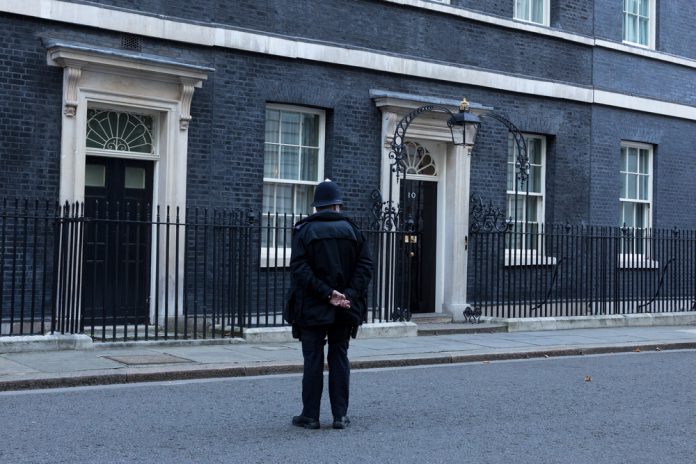Chancellor Philip Hammond delivered his first budget on Wednesday, beginning with a positive statement on Britain’s “robust growth” as it moves to leave the European Union. He began by saying he believes that this budget will provide a “strong, stable platform for Brexit”.
Hammond begun with budgetary forecasts, with borrowing expected to be at £51.7 billion in 2016-17, £58.3 billion in 2017-18 an £40.8 billion in 2018 – 2019. This is lower than previous expectations for the first two years, which were forecast at £59 billion in 2017-18 and £46.5 billion in 2018-19.
The Chancellor’s forecast for growth also increase to 2 percent in 2017, up from 1.4 percent originally. In 2018 growth is expected to slow to 1.6 percent, before picking up to 1.7 percent in 2019.
Business rate cuts featured highly on the Budget agenda, after lobbying from business groups and backbench MPs. Despite saying he was unable to abolish the tax, he set out several methods to help businesses including giving 90 percent of local pubs a £1,000 discount on their bill, as well as initiating a £300 million fund for local councils to offer discretionary relief for hard-hit cases.
Further on the subject of tax, the Chancellor also vowed to tackle abuse of foreign pension schemes and introduce UK VAT on roaming telecoms services.
Hammond dealt the self-employed a blow, raising their National Insurance contributions from 1 percent to 10 percent. This is set to rise further to 11 percent in 2019. The tax-free dividend will also be cut from £5,000 to £2,000 in April 2018.
The Chancellor delivered interesting news on the controversial ‘sugar tax’ – it is now set to raise less than expected, as companies are putting less sugar into drinks. However, Hammond confirmed the government will still get the £1 billion originally earmarked from the levy.
Cigarettes will now have a compulsory minimum excise duty of £7.35 per pack.
The Chancellor also used the occasion to mark International Women’s Day, saying that £20 million would be given to support the campaign against Violence Against Women and Girl, £12 million from tampon tax would be going to women’s charities and £5 million to aid women returning to work in the public and private sector.
Moving to technology and science, the Chancellor has announced where the £23 billion investment announced in the Autumn will be going. It includes £300 million for research talent, £270 million for robots, driverless cars and biotech and £16 million for a 5G mobile technology hub.
The Chancellor now turns to one of the more controversial subjects of the budget: schools. He announced the creation of new selective schools and 110 new free schools, putting into the place the much-anticipated grammar school programme. To counter criticism that selective schools will not function for those from poorer backgrounds, the Chancellor added that all pupils on free school meals will be eligible for free travel to selective schools.
He added that barriers that prevent the setting up of free schools will be removed.
He also introduced ‘T-Levels‘, streamlining 13,000 qualifications into just 15. The study-time required to achieve these will rise by 50 percent and will include a compulsory work placement.
Moving onto social care, the Chancellor granted £2 billion of additional funding for England’s social care system over the next two years. The first billion will be available in 2017/18 financial year.

